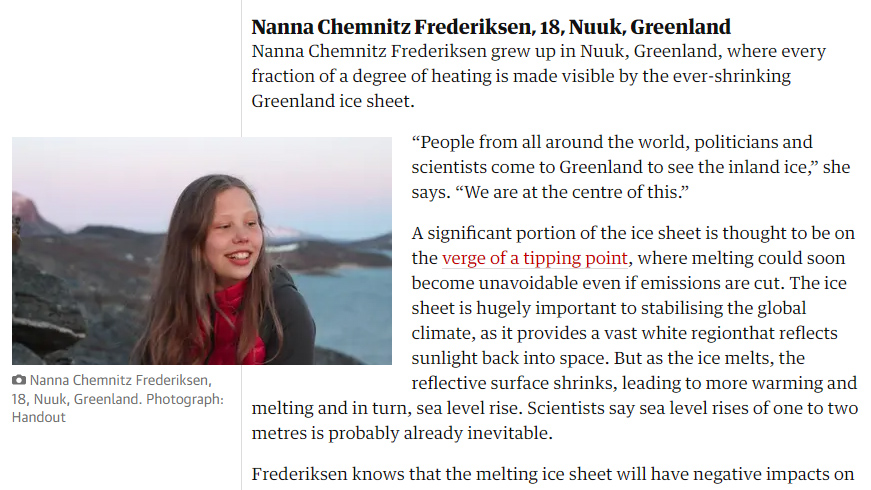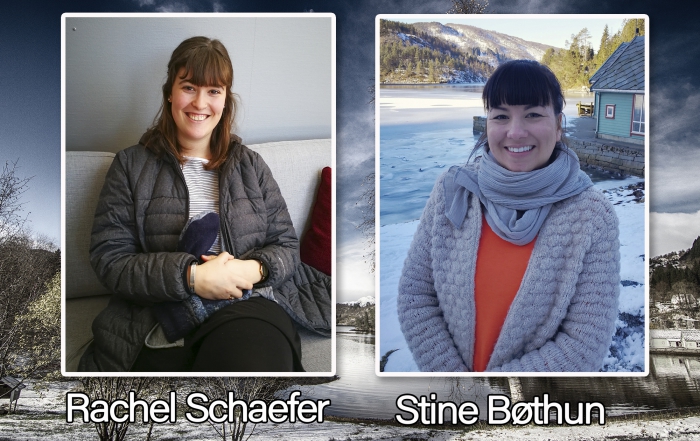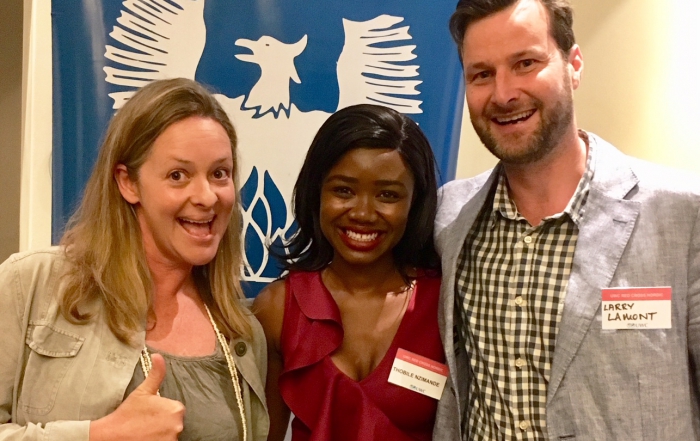“People from all around the world, politicians and scientists come to Greenland to see the inland ice,” she says. “We are at the centre of this.”
A significant portion of the ice sheet is thought to be on the verge of a tipping point, where melting could soon become unavoidable even if emissions are cut. The ice sheet is hugely important to stabilizing the global climate, as it provides a vast white region that reflects sunlight back into space. But as the ice melts, the reflective surface shrinks, leading to more warming and melting and in turn, sea level rise. Scientists say sea level rises of one to two metres is probably already inevitable.
Frederiksen knows that the melting ice sheet will have negative impacts on communities across Greenland, especially in northern settlements such as Qaanaaq where permafrost melting is destabilizing homes and roads and impacting how fishers and hunters operate.
But her real concern lies on the impact it will have globally. “I am not so scared of what the effects of the melting of ice in Greenland will be,” Frederiksen says, “It scares me what effect it can have for the rest of the world.”
Latest News
Board Meeting in Copenhagen
The UWC RCN quarterly board meeting was held in Copenhagen last Friday. Members of the Board and Central Management Team were first given a guided tour of Copenhagen International School by two IB Diploma students [...]
Trainee teachers at UWCRCN
At UWCRCN we have a tradition extending back over many years of hosting trainee teachers and interns. We have established partnerships with, among others, the World Teachers Programme at the University of Leiden in the [...]
UWC International in South Africa
'UWC smashed the myth of apartheid into smithereens' UWC International held an inaugural event in Johannesburg, South Africa, with the focus on 'How is the UWC movement impacting on development of South Africa and the [...]




